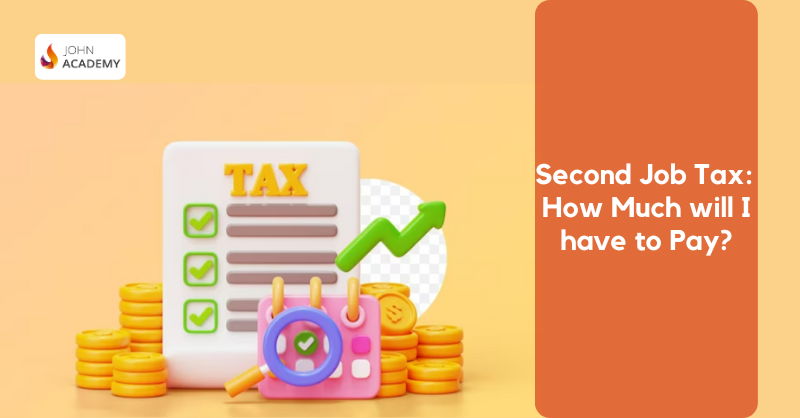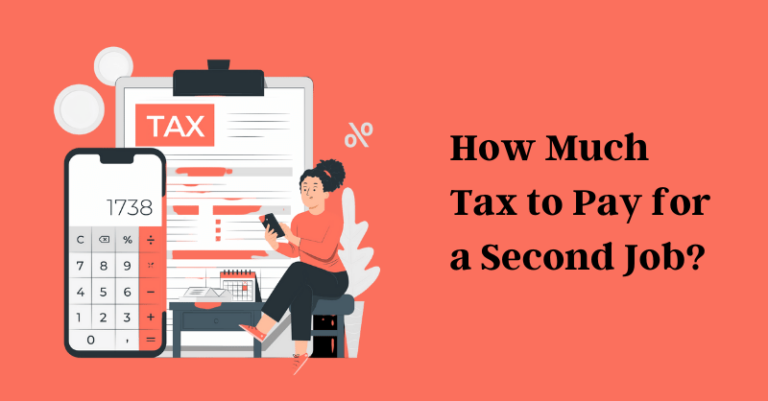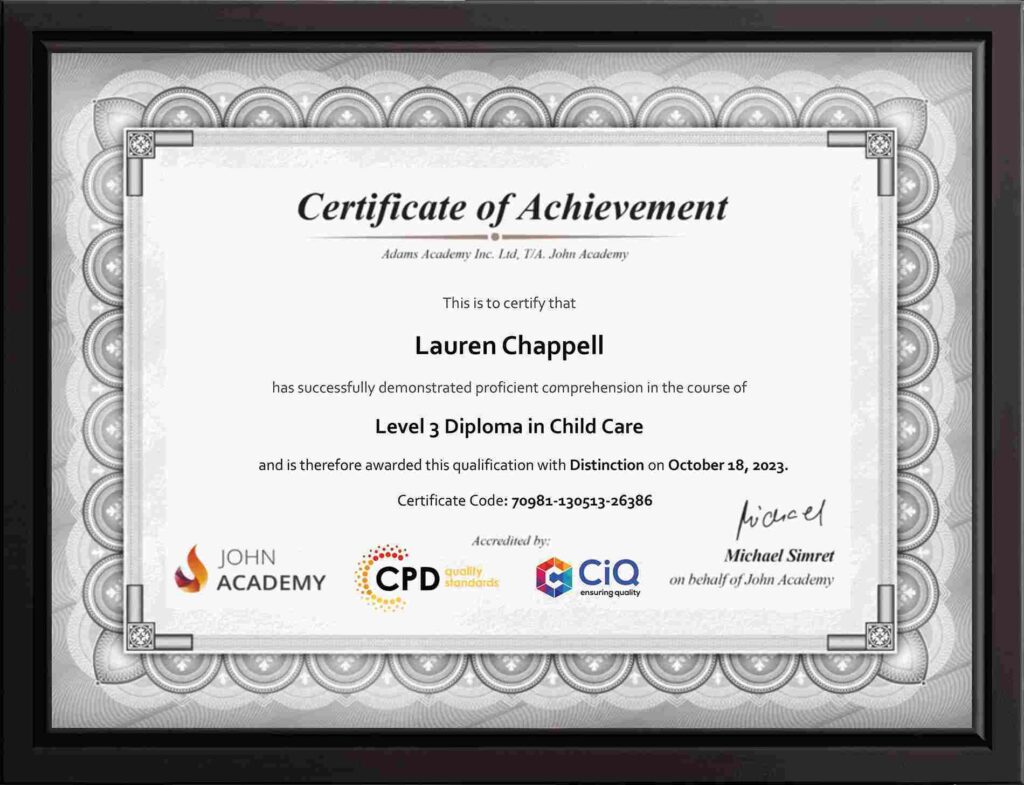
Seven Technologies for Small Businesses to Improve Workflow and Propel Customer Service
Sooner or later, every small business understands that business goals require more than just Excel spreadsheets and

Employers pay tax on company benefits like cars, accommodation, and loans. Usually, we pay tax through Pay As You Earn (PAYE), where the employer takes what we owe from our wages. But what happens when you have two employers? What would be your second job tax, and how much will you have to pay?
How much you have to pay depends on the benefits you get and their value, which your employer works out. But it never hurts to check its accuracy yourself. So, let’s learn more.
First consider this, are you allowed to take a second job? Is a second job a viable option?
Start by ensuring that your current employment contract doesn’t prevent you from taking on more work. For instance, there should be no conflict of interest.
If there’s anything in your contract that might prevent you from taking on the extra job, talk to your primary employer. Explain why you want a second job and figure out a solution. And if there’s nothing in the contract preventing you, you can take a second job.
Even if you’re allowed to take a second job, here are some things to consider.
You don’t have to contact HRMC if you take a second job. HMRC will learn about your second job when your second employer registers you for tax via their payroll.
By law, your employer must give you a P45 form when you leave a job. This form details all the essential information such as your date of birth, name, address, National Insurance number, tax code, tax paid on your salary so far in the tax year, etc.
If you take a second job, you won’t have a P45. When you start working for another employer, they will need to determine how much tax you should pay on your salary.
In that case, you’ll need to complete a Starter Checklist for PAYE and then share it with your second employer. It will help your employer determine your correct tax code so they can add you to their payroll. You may also receive a paper Starter Checklist for PAYE to complete from your new employer.
A tax code enables employers to determine your tax-free income. It helps them to know the right amount from your earnings to deduct for Income Tax and National Insurance contributions (NICs).
Please note – You cannot use the checklist to amend your tax code.
Income Tax is a tax that you pay based on your income. For example – the money you earn from employment is taxable.
How much Income Tax you need to pay depends on –

The total income you don’t have to pay tax on is £12,570. And this is considered the standard personal allowance. Any earning over the standard Personal Allowance point is subject to Income Tax.
You can increase your tax-free earnings if you are eligible for Blind Person’s Allowance or Marriage Allowance.
After receiving a standard Personal Allowance of £12,570, you have to pay tax on the remaining balance. The following table shows the tax rates expected to be paid in each band.
Band Taxable income Tax rate Personal Allowance Up to £12,570 0% Basic rate £12,571 to £50,270 20% Higher rate £50,271 to £125,140 40% Additional rate Over £125,140 45%
Please note that income tax bands are different if you live in Scotland.
Resource: Get an estimate for your Income Tax for the current year.
The tax system will consider one job as your main income that will have your personal allowance of £12,570. That’s the threshold of your tax-free income.
The income from your second job will be added to that. That means there will be no personal allowance from the second job. You might think that you’ll get taxed more like this. But the truth is, you would pay the same amount of tax altogether.
When you have two jobs, HMRC will consider one of your jobs as your main source of income. And your personal allowance of £12,570 is given from this.
Also, how much tax you have to pay for a second job will depend on how much you’re paid for each job. If one of your jobs pay more, it’s better to have your Personal Allowance applied to that job.
If your first job pays below the minimum personal allowance, then tax from your second job will be set to the 20%, which is the standard.
If you earn less than £12,570 from both of your jobs, you can ask HMRC to split your Personal Allowance across both jobs to reduce your total taxes.

Your income from your second job will be taxed using a BR tax code, which is 20%. However, if your second job pays well, your tax rate might be higher. You may have tax codes D0 (higher rate) or D1 (additional rate). This will mean you’ll be paying tax at a higher rate (usually 40% or 45%).
Instead of the usual PAYE system, the tax on a second job is paid through a BR tax code. Here, BR stands for Basic Rate. The basic rate is set to 20%
But, if your total earning for a year reaches a higher tax threshold, you will have to pay more tax. For example, it’s applicable if you earn more than £46,351 a year.
If you want to avoid overpaying or underpaying tax, here’s what you can do –
Your new employer is supposed to give you a Starter Form, or you can use the AI essay writer tool to get an idea about the form, which was previously known as P46. You’ll be detailing your other employment in the form, and this will get sent to HMRC.
Another way is to check your tax code. In your second job, you’ll get a code BR or D0 after a number. Even after informing HMRC, you should carefully check your PAYE coding notices.
If you think you’re underpaying your taxes, you should pay it as soon as possible. Because the amount owed will continue to increase. HMRC can claim it for up to four years.
Here are a few examples of when you could be paying too little tax:
An example of when you could be paying too much tax:
You may be able to claim a refund if you’ve paid too much tax. Keep reading to learn ‘How to Get a Tax Refund?’
You may end up paying more tax than you need to if you have more than one job. What can you do then?
In the PAYE system, if the income from your main job exceeds your personal allowance, you may be overpaying your tax. In case you’re overpaying, you’ll need to ask HMRC for a refund. You might have to wait till the end of the year or just till HMRC carries out its tax year-end reconciliation process.

HMRC will send you an End of Year Tax Calculation – P800 if you have underpaid or overpaid your taxes. Through this, you will be informed if you need to pay more tax or if you’re eligible for a refund. It will detail the following –
Depending on the P800 tax calculation, your repayment will probably be made in July or August after the end of the tax year.
Resource: Check out more on Tax Overpayments and Underpayments.
Here are a few more questions you may have regarding second job taxes.
If you earn over the personal allowance threshold in your primary job, any amount of income from your second job is taxable. So, if you make over £12,570 in your first job, you will be paying tax on the rest of your earnings.
If the income from all your jobs adds up to less than your personal allowance, you might be paying too much tax. So, you can ask HMRC to split the tax between two jobs.
Legally, yes, an employee can work two jobs, but they need to act within the limitations of any contracts in place. For instance, there may be a conflict of interest that needs to be considered and taken into account before an employee can work two jobs in the UK.
You won’t get taxed more for having two jobs. The PAYE system doesn’t cater to multiple jobs, so you may accidentally get taxed more. But it can be amended. Your taxes are based on your income. Generally, your second job will usually be taxed at 20%.
You can confirm your tax code on your recent wage slip. Or, you can check your P60 for your tax code. But you may have multiple tax codes if you have multiple jobs. So, make sure to check those carefully.
In your second job, if you can pay into your pension, make sure to record all information. For example, if your second job pays less, that means you’re paying less into your pension. So, it could be easily forgotten. However, you could include it with other pension pots after leaving your second job.
Now, you have a basic idea about how much tax you have to pay on your second job tax. But if you think you still need help, consider checking out our UK Tax Accounting course for comprehensive training. Because if you think you haven’t been paying enough tax, you may face a tax bill and penalties. So, it’s better to be prepared.
Lastly, if you have any specific queries, you can reach out to HMRC directly. You can also contact your local tax office to confirm.

Sooner or later, every small business understands that business goals require more than just Excel spreadsheets and

Companies and organizations across different sectors have recently adopted digital business operations. And with the current trends,

Are you a university student overwhelmed by the mountain of assignments looming over you? Fret not! In

Cooking frozen food is not only a great time saver but an excellent way to minimise food

In recent years, the allure of photography as both a hobby and a professional endeavour has surged

Master Public Speaking: 8 Tips for Introverted Students Glossophobia is a common enough issue. Most people fear
No more than 50 active courses at any one time. Membership renews after 12 months. Cancel anytime from your account. Certain courses are not included. Can't be used in conjunction with any other offer.
